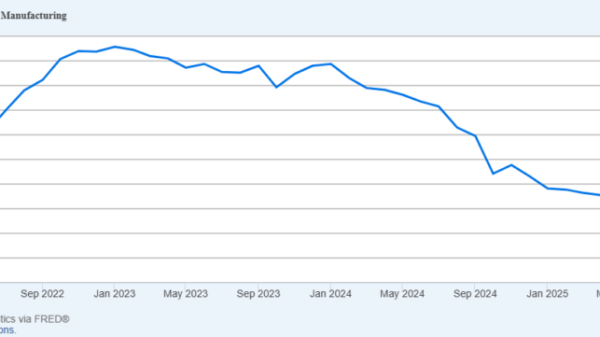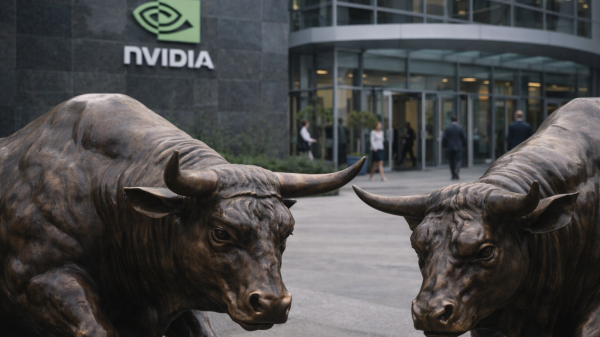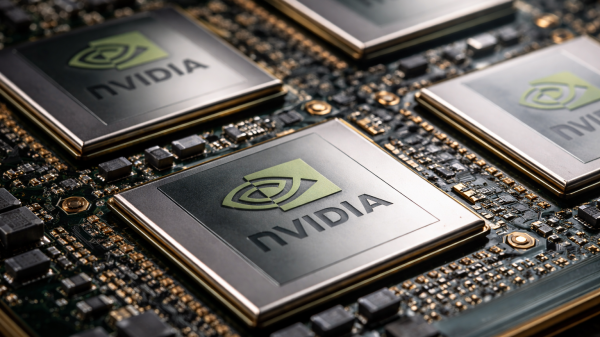The death of Charlie Kirk is a tragedy. For his family, most of all, for his children and his community. But the murder of the 31-year-old political organizer is also the clearest sign yet of a truly alarming trend: the rise of political violence. Killing human beings for their beliefs is incompatible with a free and functioning society.
The assassination occurred on Wednesday as Kirk was making the first stop on his “American Comeback Tour.” The event, hosted by Utah Valley University, was the first in a series of college visits where students and critics were invited to debate him at a “Prove Me Wrong” table in a public setting.
Whatever you think of Charlie Kirk and his message, and even if you’d never heard of him, he was participating in a great classical liberal tradition: taking ideas to people who want to hear them.
“He was showing up to campuses and talking with anyone who would talk to him,” Ezra Klein wrote in The New York Times on Thursday.
Klein and Kirk did not share political views. But Klein said Kirk was “practicing politics in exactly the right way,” and called him “one of the era’s most effective practitioners of persuasion.”
And so it was, until, in one of the freest and most pluralistic societies in the world, he was shot through the throat on a public stage, and silenced forever.
Organizing and rallying people, registering voters, persuading a community of citizens to engage in the public square: these are the foundations of a society built on the idea of “We, the People.” Kirk was energizing young voters in a way the country desperately needs.
Kirk was a talker. Some saw him as an arguer or a mouthpiece, but above all, he was a debater. He also filmed his conversations with people who disagreed with him, modeling the (always imperfect) skills of debate we used to teach in schools. Even when his debating tactics didn’t always live up to the goals of calm, respectful inquiry, he provided those who disagreed with him a platform, as well.
Some people liked this approach; others hated it. What’s indisputable is that Kirk took on present-day campus orthodoxies through the free exchange of ideas.
“Charlie Kirk challenged liberals until the day he was murdered,” The Economist noted, using a modern conception of “liberal” to mean left-of-center, Progressive, and, in a few cases, Marxist-influenced.
Kirk’s pugnacious style was not new or unique. Turning Point USA, the organization he founded with millions in seed money, in 2012, when he was just 18 years old, was an intentional counterpoint to Moveon.org. He vowed to push back “twice as hard” on the hyper-politicized content saturating college campuses, where he said kids were “depressed, suicidal, alcohol addicted.” He also promoted alternatives to the radical left-wing positions that, he believed, had shut down the open discussion of ideas in many of the very institutions that are supposed to promote reasoned reflection and debate.
Kirk did exactly what we tell passionate young people to do, and he did it effectively. Though his politics were often controversial, his guiding principles were rooted in a traditional William F. Buckley-style conservatism. He supported Second Amendment rights, even though he recognized its tradeoffs. He supported free expression, even when he yelled over opponents. He defended capitalism and the three pillars of prosperity: private property, profit motive, and personal responsibility.
To the extent his ideas about history, policy, and people were flawed and divisive — and many of them were — he provided an approachable face that galvanized counter-culture conservatism on overwhelmingly liberal college campuses.
Kirk went to campuses because he believed they needed conservative voices there—and because galvanizing the youth vote was a wide-open field where an ambitious young organizer could quickly attract national attention. But above all, he went because campuses were meant to be marketplaces of ideas, where persuasion through rigorous debate drives the growth of human knowledge. He recognized that the radical movements of the 1960s and 1970s that challenged much of the status quo of the academy of that period had become a new establishment — one that, in many cases, stifled discussion and stigmatized many philosophical and political viewpoints. The foundations of a free society — the very ones those critics once attacked — deserved an intellectual defense.
One of those principles, enshrined in the First Amendment, is the freedom to speak. The free exchange of ideas is so important that it requires us to tolerate words we hate — and even words of hate — so that truth can emerge from the mess. In a debate on the limits of free speech at the University of Toronto, iconoclast essayist Christopher Hitchens asked the audience:
To whom do you award the right to decide which speech is harmful, or who is the harmful speaker? …Because to whom would you delegate the task of deciding for you what you could read? To whom you would give the job of deciding for you — relieve you of the responsibility of hearing what you might have to hear? …Do you know anyone? Hands up. Do you know anyone to whom you’d give this job?
The point of the First Amendment isn’t whether we agree with a person’s ideas, but whether we can be sure that all voices are heard in the public square. Censorship carried out by rifle is more horrific than smashing printing presses or burning books.
A fair treatment of Kirk’s death requires that we also include a few of his own words. His remarks on the Second Amendment may ring eerily prescient in the silence after a fatal gunshot:
Having an armed citizenry comes with a price, and that is part of liberty… I think it’s worth it. I think it’s worth it… to have a cost of, unfortunately, some gun deaths every single year so that we can have the Second Amendment to protect our other God-given rights. That is a prudent deal. It is rational.
Kirk would have respected his murderer’s right to bear arms. If only his assassin had honored his right to freedom of speech. The only hope for peace in the face of strong political disagreements is the type of liberal pluralism which is sustained on the basis of a recognition of the core rights of every person — not only those we deem to be like us.
Even the socialist magazine Jacobin spoke solemnly of the horror. “The assassination of Kirk is a tragedy. Morally, it is unjustifiable. Politically, it is cause for serious alarm. A larger spiral into political violence would be a catastrophe for the Left.”
The final three words are not needed. A spiral into political violence is catastrophic not just for the Left but for humanity. Yet this is where we risk heading, as increasingly dehumanizing political rhetoric drowns out the better angels of a free society and its commitment to genuine political tolerance. Kirk’s predictions about “assassination culture” were perhaps unduly partisan, but his death shows he was at least half right.
Charlie Kirk deserves to be alive today, regardless of the ideas he held or shared. Likewise, his murderer — and the misguided multitudes who snickered, mocked, or winked at his death — deserve the constitutional protections Kirk enjoyed.
To deny either of these statements is to deny the natural rights stated in the Declaration of Independence and codified in the Constitution, and risks a return to a spiral of violence America has not seen in generations.
Kirk’s tragic death comes at a perilous time. Political tribalism is a toxic force, one that has destroyed nations. While there’s no single solution, even Kirk’s critics concede he was right that civilization depends on using words, not weapons, to resolve conflicts.
“When people stop talking,” Kirk once said, “that’s when you get violence.”
America is a vast, pluralistic country. Americans can agree to disagree on a great many things, but our future depends on getting this part right.


























